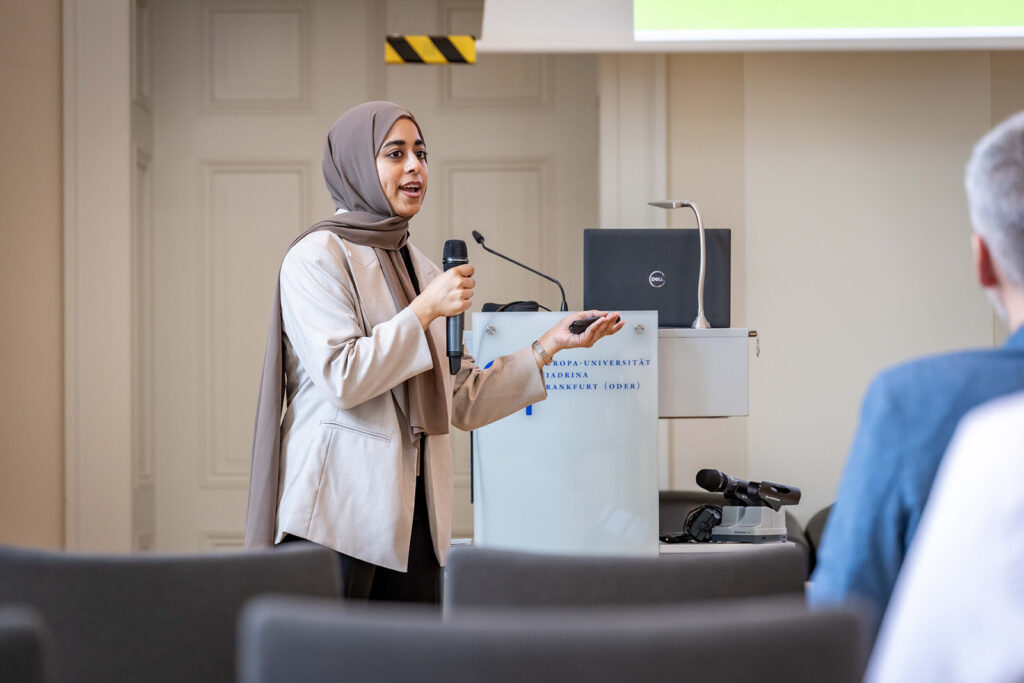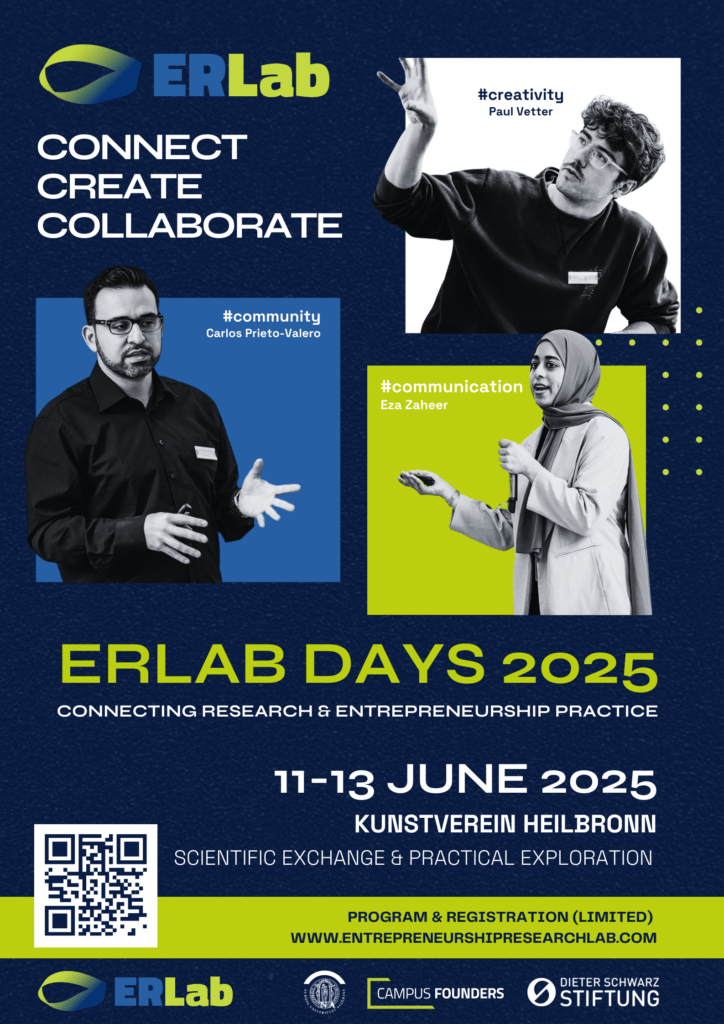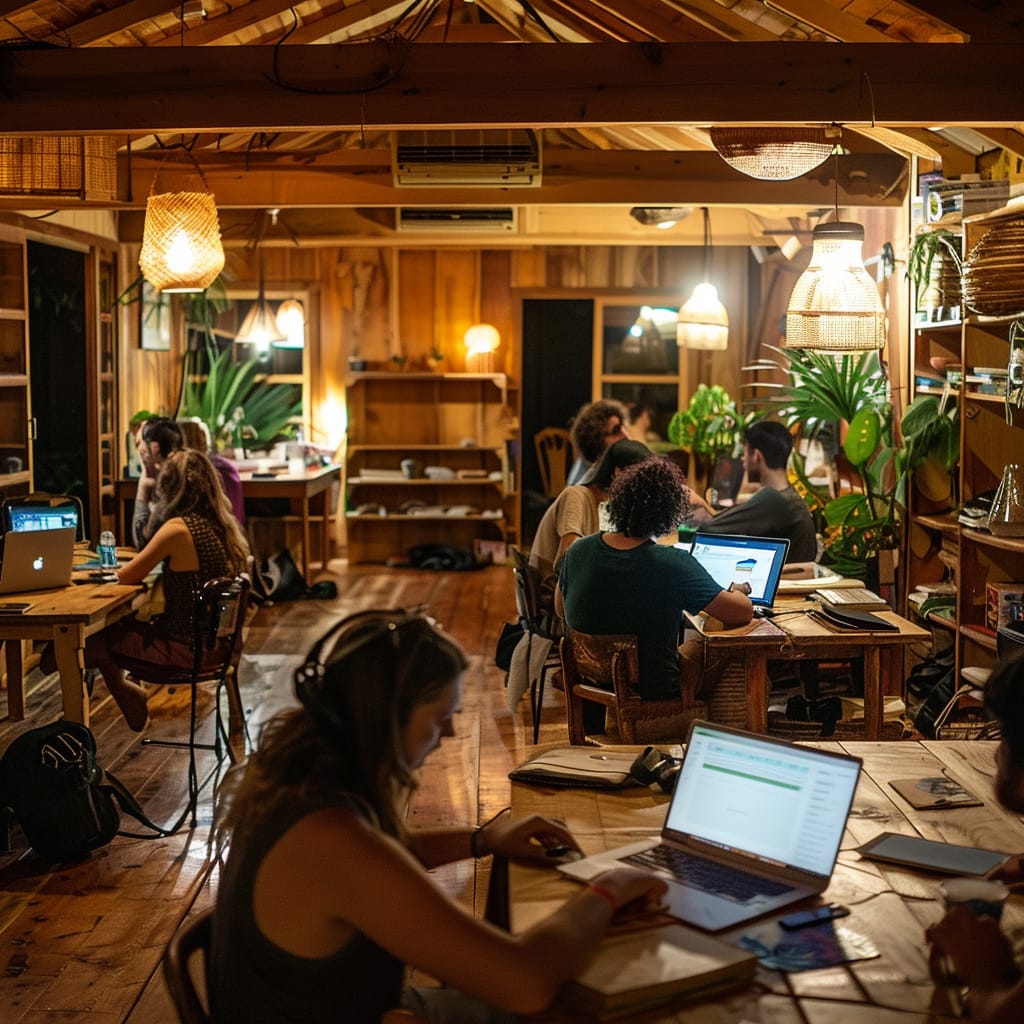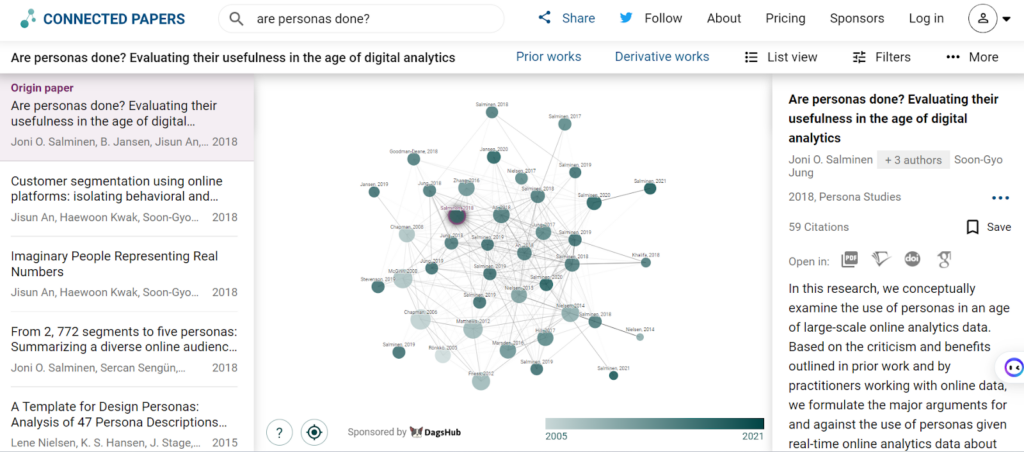PDW contributions

Invitation to Paper Development Workshop Dates: 11 – 13 June 2025Location: Kunstverein Heilbronn The ERLab Days 2025 is a yearly transfer event organized by the Entrepreneurial Research Laboratory –ERLAB of the European University Viadrina in Germany. This year event is scheduled to take place in oneof Europe’s fastest-growing entrepreneurship and AI ecosystems in Heilbronn […]
ERLab Days 2025

Visit the ERLab Event in Heilbronn
Writing Retreat 2024

Writig retreat 2024 for Early Stage Scholars and Founders Dates: postponedLocation: tba, between Frankfurt (Oder) and Heilbronnmax. Participants: 16 This five-day writing retreat is designed for early-stage scholars and founders who wish to advance their writing skills and produce high-quality work. The retreat provides a tranquil environment, conducive to creativity and productivity, away from the […]
We want to have an impact

We want to have an impact! As scholars, we want to have an impact on the world. Based on the newly published paper „Practicing Impact and Impacting Practice? Creating Impact through Practice-Based Scholarship“, a curated debate on impact by ERLab affiliates Yanis Hamdali and Lorenzo Skade, together with five senior scholars, they explore the question […]
Applying for Conferences

by Carlos Alberto Prieto Valero SMALL GUIDE ON HOW TO BE SUCCESSFUL APPLYING TO ACADEMIC CONFERENCES Attending academic conferences is a great way to present your investigation, network with other scholars, and learn about the latest advances in your field. Recently, I got admitted to participating in the Workshop on the Ostrom Workshop (WOW7) to […]
AI-powered Solutions for Smart Academics!

AI-powered Solutions for Smart Academics! As 2023 draws to a close, the multitude of possibilities encompassed by AI-based research tools has been limitless. Almost daily, you might have found yourself coming across a new tool promising to make research a little easier than it was before. Whether it’s audio paper-readers, proofreading assistants, mind-mapping tools, or […]
ERLab Days 2024

Visit the first ERLab Event in Frankfurt (Oder) & Berlin
